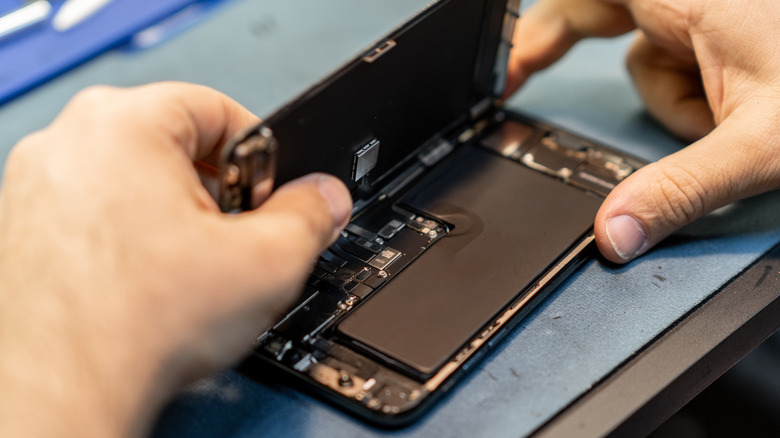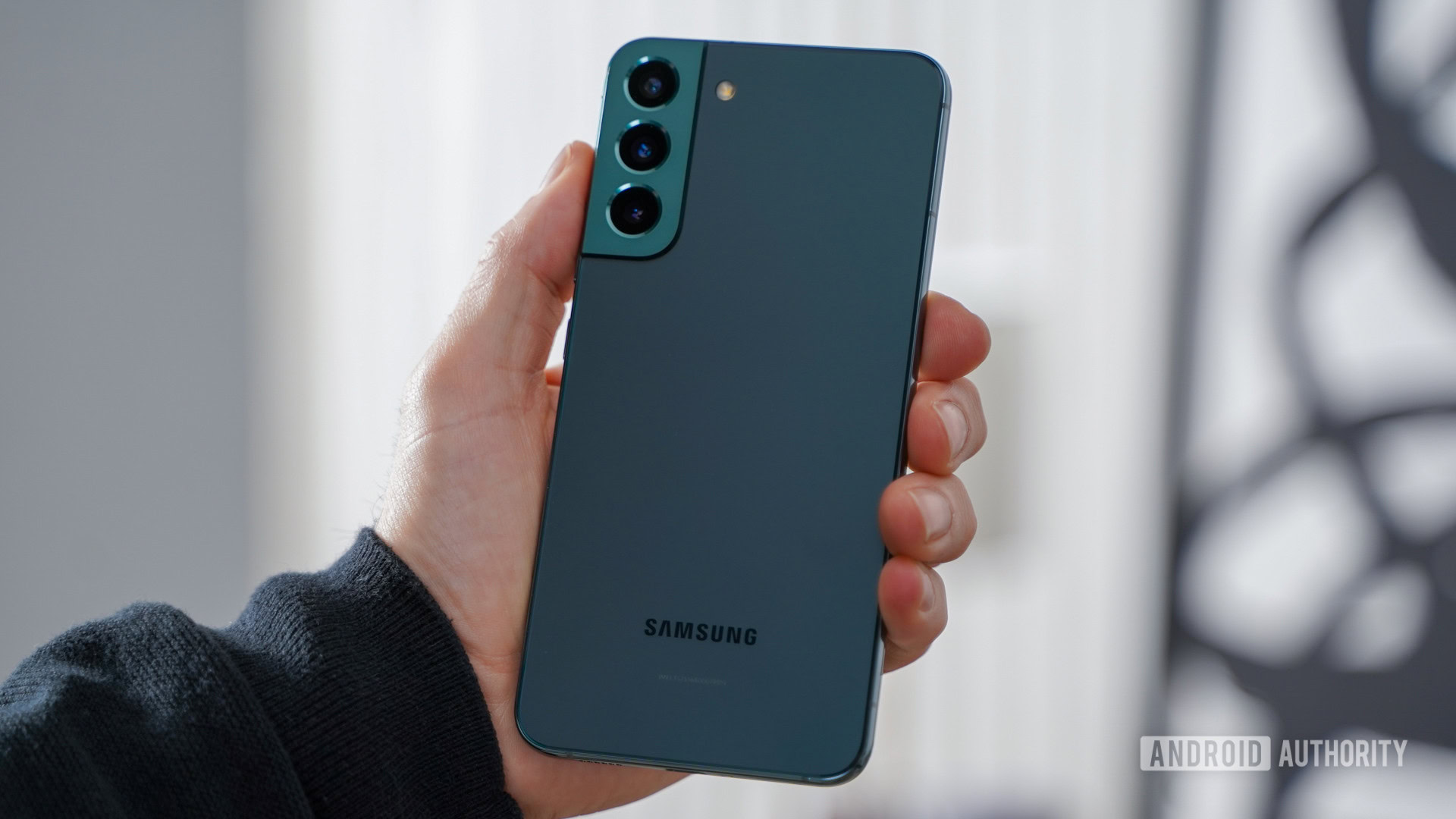Those holding out hope that Samsung might adopt silicon-carbon battery technology in the Galaxy S26 may have just had their hopes dashed. Despite the success that overseas manufacturers appear to be having with the battery technology, Samsung isn’t quite ready to adopt the new design, at least based on a new leak which may have given us our first look at what to expect from the Korean company’s next flagship device.
According to well-known leaker Digital Chat Station, Samsung appears to be opting for a battery rated for 4175 mAh on its 2026 smartphone. This is only slightly larger than the standard Galaxy S25’s lithium-ion battery, which is rated at 4000 mAh. The incremental improvement seems to suggest that Samsung will be continuing with a standard battery design, instead of the newer silicon-carbon tech, which has allowed some phones such as the OnePlus 13 to sport an impressive 6000 mAh battery design.
While it is disappointing to hear that Samsung might not be adopting silicon-carbon right away, it’s also understandable, as new battery tech can come with its own set of problems, and Samsung has seen more than its fair share of battery-related issues in the past.
Don’t be surprised if it takes a while
With OnePlus and other overseas manufacturers pushing this new battery tech, it’s only a matter of time before Samsung is forced to adopt it to keep up. Beyond just supporting this new battery tech, there are other things Samsung fans want to see from the company’s future devices, including a fully Qi2 compliant device. The Galaxy S25 is only Qi2 ready, which means it doesn’t come with magnets built into the body of the phone.
There are other reasons to hold off on silicon-carbon. It might offer more energy density in a smaller package, but as device manufacturer Nothing pointed out to YouTuber Mrwhosetheboss, having single-cell batteries with high energy density are marked as “dangerous goods” in some countries, which could make it harder for customers to get their hands on these devices.
Some companies work around this by utilizing a double-cell design, as the regulations only apply to a single battery cell, instead of the overall capacity of the unit. There are also concerns that silicon-carbon batteries age more quickly, and that while they don’t expand as quickly as traditional batteries, a pure silicone anode battery could grow by up to 400%, as seen in some studies.
These issues will likely be sorted out in time, but for now, it sounds like we’re going to have to wait for Samsung to get comfortable adopting the new battery tech, especially after all those Galaxy Note 7 battery problems.









